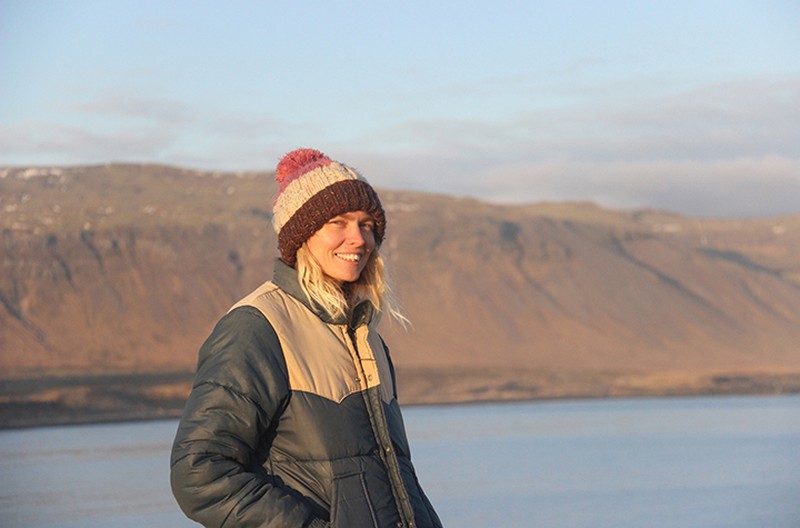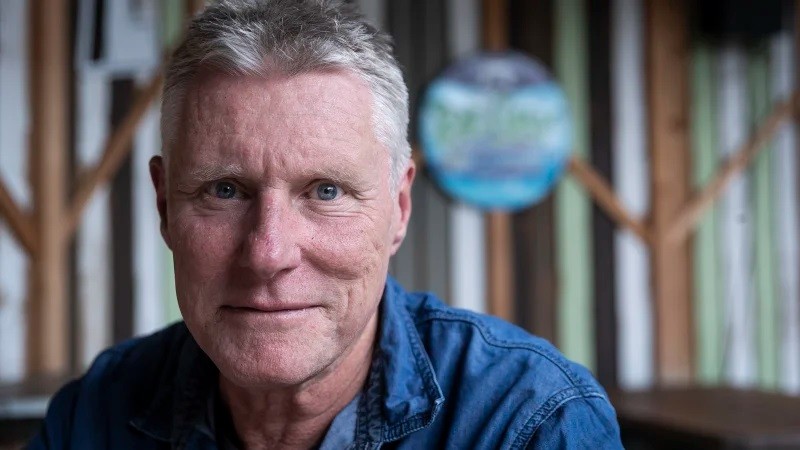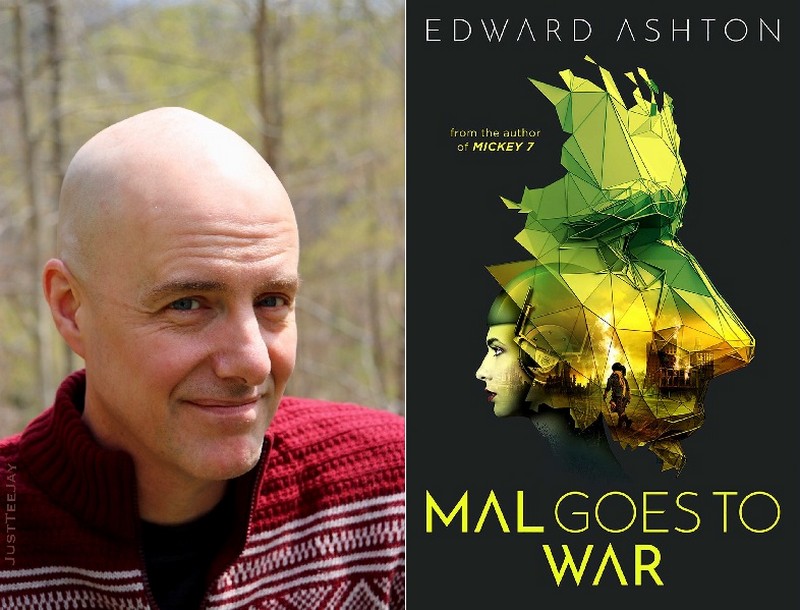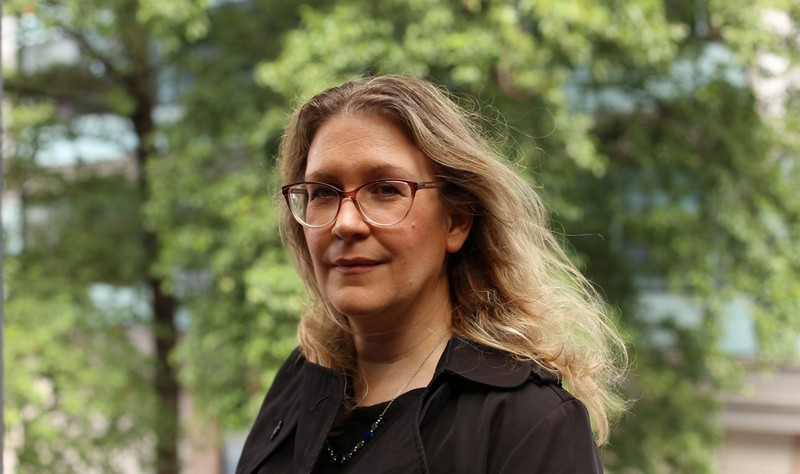 Emily Brugman’s debut novel is based on the true story of her family – Finnish migrants who worked in the crayfishing industry off the coast of Western Australia from the late 1950s. It is, for the most part set on the wild Abrolhos Islands, famous for being the site of the wreck of the Batavia in 1629. The book follows the family through three generations, but also provides insight into many of the other families and characters around them.
Emily Brugman’s debut novel is based on the true story of her family – Finnish migrants who worked in the crayfishing industry off the coast of Western Australia from the late 1950s. It is, for the most part set on the wild Abrolhos Islands, famous for being the site of the wreck of the Batavia in 1629. The book follows the family through three generations, but also provides insight into many of the other families and characters around them.
The Islands opens in the late 1950s, Onni’s brother Nalle, who had been working a crayfishing lease on Little Rat Island has gone missing. Onni participates in a fruitless search but while out on the islands decides to give up his attempts at mining and take up his brother’s business. The community on Little Rat Island is a small one, made up mostly of Finnish migrants, eking out a living with their growing families. The fishermen live out on the islands during the crayfishing season but move back to mainland Geraldton for the eight months of the off season. Brugman soon turns her attention to Onni’s wife Alva and then their daughter Hilda as the little community on Little Rat Island grows. The story then follows the family as they give up the lease and move to the Australian east coast where Hilda has a daughter of her own.
Brugman tells this tale almost as a series of connected short stories. The narrative will move to the characters around Onni, Alva and Hilda when it needs to, or drop back in time to explore an element of backstory. The stories themselves feel as if they are of real lives lived – complete with tragedy, minor triumphs, good and bad decisions, regret and friendships forged in adversity. The characters make mistakes, have petty squabbles, hold grudges, but Brugman clearly has a deep compassion for all of them and also reveals moments of transcendence and love.
Underpinning all of this is the characters’ Finnish ancestry. Brugman brings to life the food, the celebrations and the traditions that this community brought with them and the strangeness with which this was perceived by the white Australian community of Geraldton in the 1960s. And the text is full of Finnish (translated), poems, folk songs, lullabyes and an ongoing thread involving a myth from the Kalevala.
The Islands gives a deep insight into one of the many migrant populations that make up modern Australia. It shines a light on a little known but fascinating part of the country, the industry that supports it and the people who built that industry from scratch. And it successfully brings to life a group of characters who are likely to stay with readers long after they finish the last page.
Robert Goodman
For more of Robert’s reviews, visit his blog Pile By the Bed
Other reviews you might enjoy:
- Plane Tree Drive by Lynette Washington – book review
- Thunder Bay (Douglas Skelton) – book review
- The Burning Island (Jock Serong) – book review

Robert Goodman is a book reviewer, former Ned Kelly Awards judge and institutionalised public servant based in Sydney. This and over 450 more book reviews can be found on his website Pile By the Bed.





